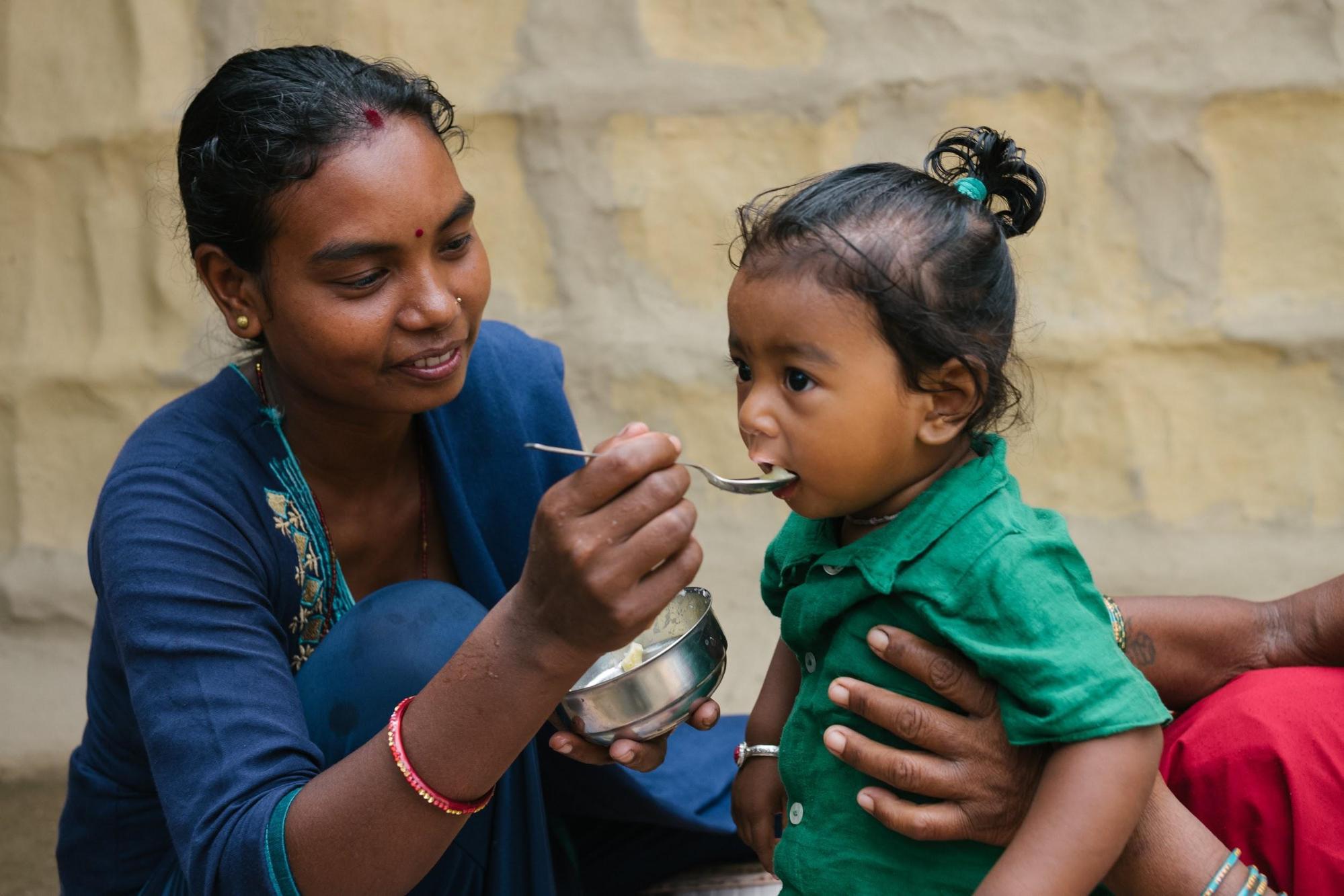At the first N4G Summit in 2013, 110 stakeholders committed to prevent at least 20 million children from being stunted – saving at least 1.7 million lives by 2020. These commitments deliver much-needed action on policy and financing commitments to the Sustainable Development Goal (SDG) 2—Ending Hunger in All its Forms—which is an underlying driver of 12 of the 17 SDGs. As we continue the Nutrition for Growth Year of Action, take a look at how pledges made during the N4G summits in London (2013) and Milan (2017), have brought about positive impacts on global nutrition.
The first 1,000 days of a child’s life, from pregnancy through a child’s second birthday, is a critical period for ensuring optimal nutrition so children can grow and develop properly. Worldwide, almost half of deaths of children under five are due to undernutrition, 21 percent of children under five are stunted, and nearly 7 percent of children under five are wasted. As the COVID-19 pandemic disrupts all systems that deliver good nutrition, these numbers are projected to increase if we do not redouble our efforts.
During the 2013 Nutrition for Growth Summit in London, the United States government, through the United States Agency for International Development (USAID), committed to supporting country-owned, country-led interventions to reduce the prevalence of malnutrition, including deficiencies in essential vitamins and minerals, particularly in low- and middle-income countries.
In Milan in 2017, USAID also committed to a partnership with the United Kingdom’s Foreign, Commonwealth & Development Office (FCDO)1 and the Eleanor Crook Foundation (ECF). This commitment sought to identify and scale cost-effective, evidence-based, and sustainable solutions to reduce malnutrition, strengthen local capacity to improve nutrition, and foster collaboration to promote effective investments that deliver the most impact, particularly for children under five.
Through the aforementioned commitments to eliminate poverty and hunger, USAID supported the implementation of evidence-based interventions in 31 countries in 2019. Such interventions include country-owned and -led multi-sectoral nutrition policies, micronutrient supplementation programs for children and women, and social and behavior change or counseling on maternal and/or child nutrition. In 2019, USAID reached more than 27.2 million children under five with high-quality nutrition interventions, and our investments helped health facilities strengthen nutrition as an essential component of comprehensive, high-quality care.
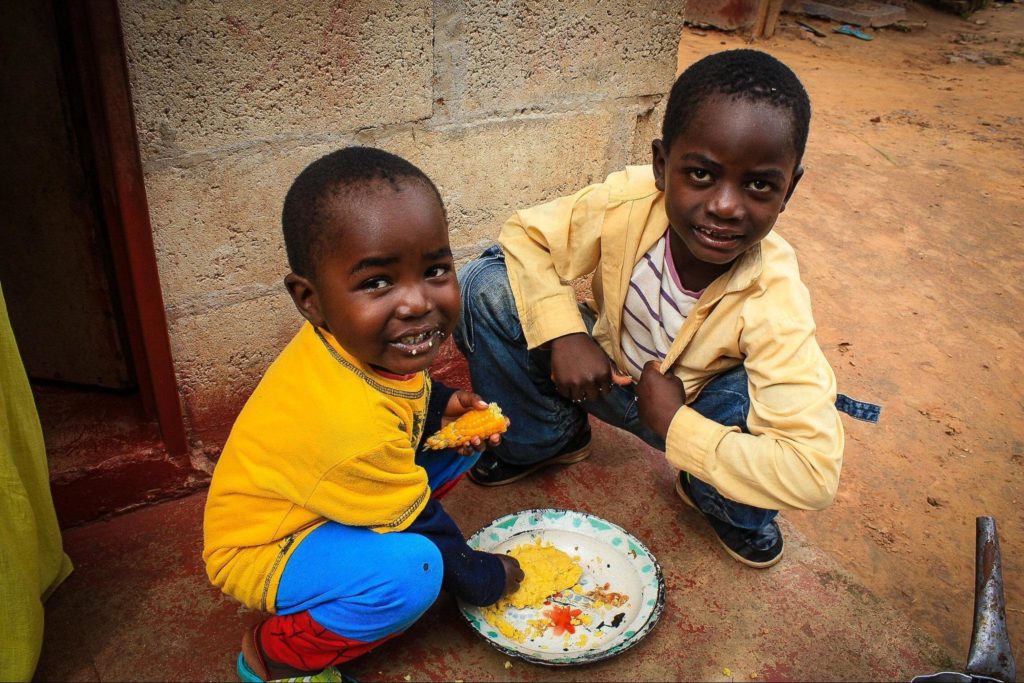
In addition, USAID has leveraged Feed the Future, the U.S. government’s global hunger and food security initiative, to work hand-in-hand with partner countries to develop their agriculture sectors and break the vicious cycle of poverty and hunger for women and children. As a result of this partnership, stunting has declined 32 percent on average over the last decade in the countries where Feed the Future works.
Since the start of the COVID-19 crisis, USAID has been working to find creative solutions to ensure infants and young children continue to get adequate nutrition around the world while following and promoting recommended practices to limit the spread of the virus.
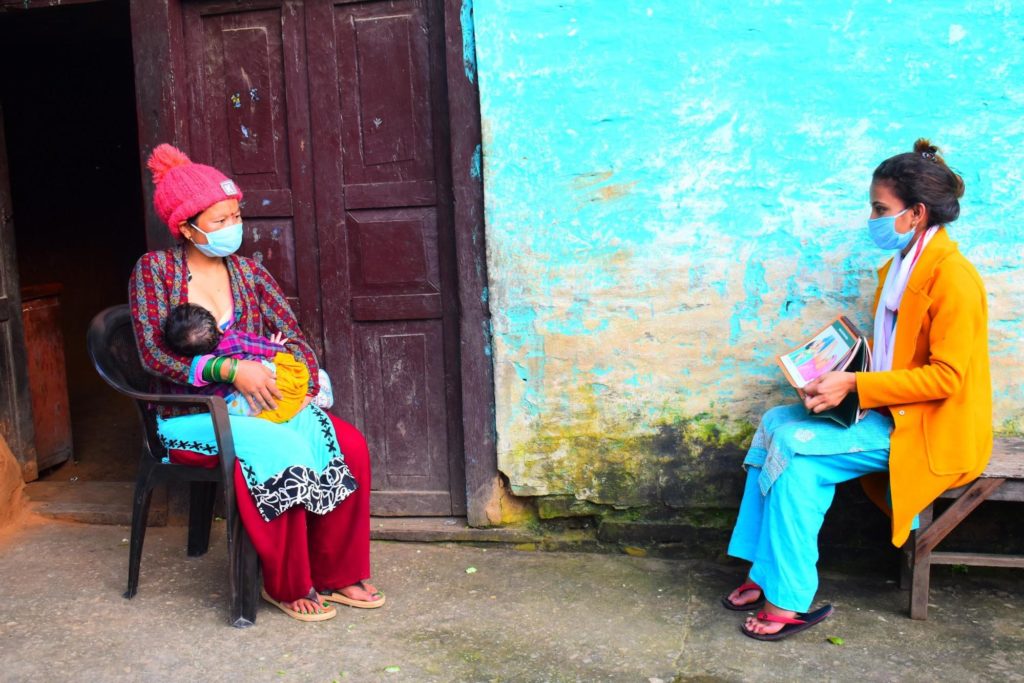
In Nepal, USAID’s Suaahara activity adapted quickly to the COVID-19 pandemic and provided phone counseling on breastfeeding to over 300,000 mothers with children under two, and has provided socially distanced breastfeeding counseling as well.
Through the USAID Advancing Nutrition project, USAID also supported the development of a counseling package with recommendations for infant and young child feeding (IYCF) when COVID-19 is suspected or confirmed. Many countries have adapted the IYCF counseling cards to their specific country context and translated the information into local languages.
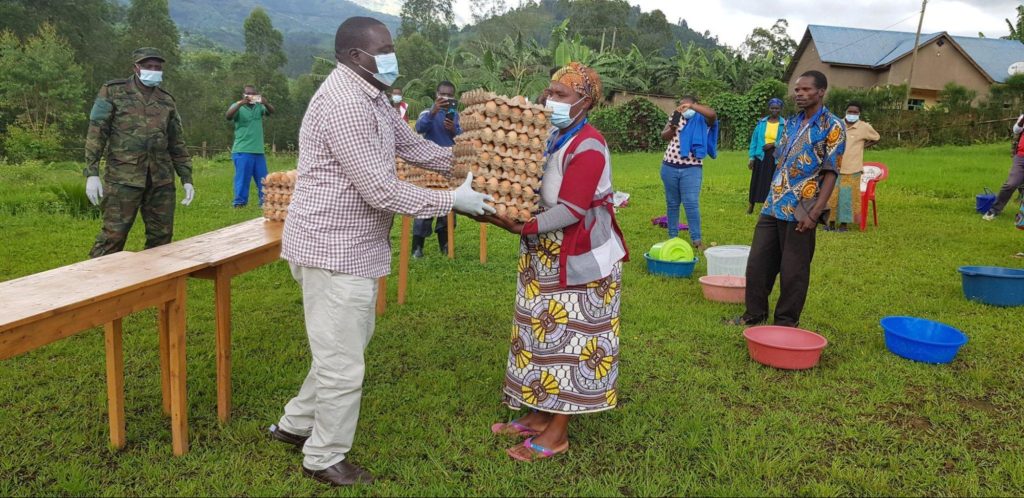
Photo: Niyonsenga Aime Francois.
In response to the COVID-19 pandemic, Feed the Future programs are also pivoting to help safeguard women and children’s access to safe, nutritious foods, while also continuing to build resilient food systems over the long term. For instance, in Rwanda, the Feed the Future Orora Wihaze program is strengthening the supply of essential animal-source foods for women and children through multisectoral collaboration and market systems strengthening. The project averted the collapse of the egg value chain during the pandemic by facilitating poultry producers’ access to a new domestic market as egg suppliers to child nutrition programs.
Through our commitments to reducing all forms of malnutrition, USAID has strengthened country ownership to implement evidence-based nutrition programs and provide a lasting impact on the lives of young children.
1At the time of USAID’s Nutrition for Growth commitment, the United Kingdom’s Foreign, Commonwealth & Development Office (FCDO) was the Department for International Development (DFID).
